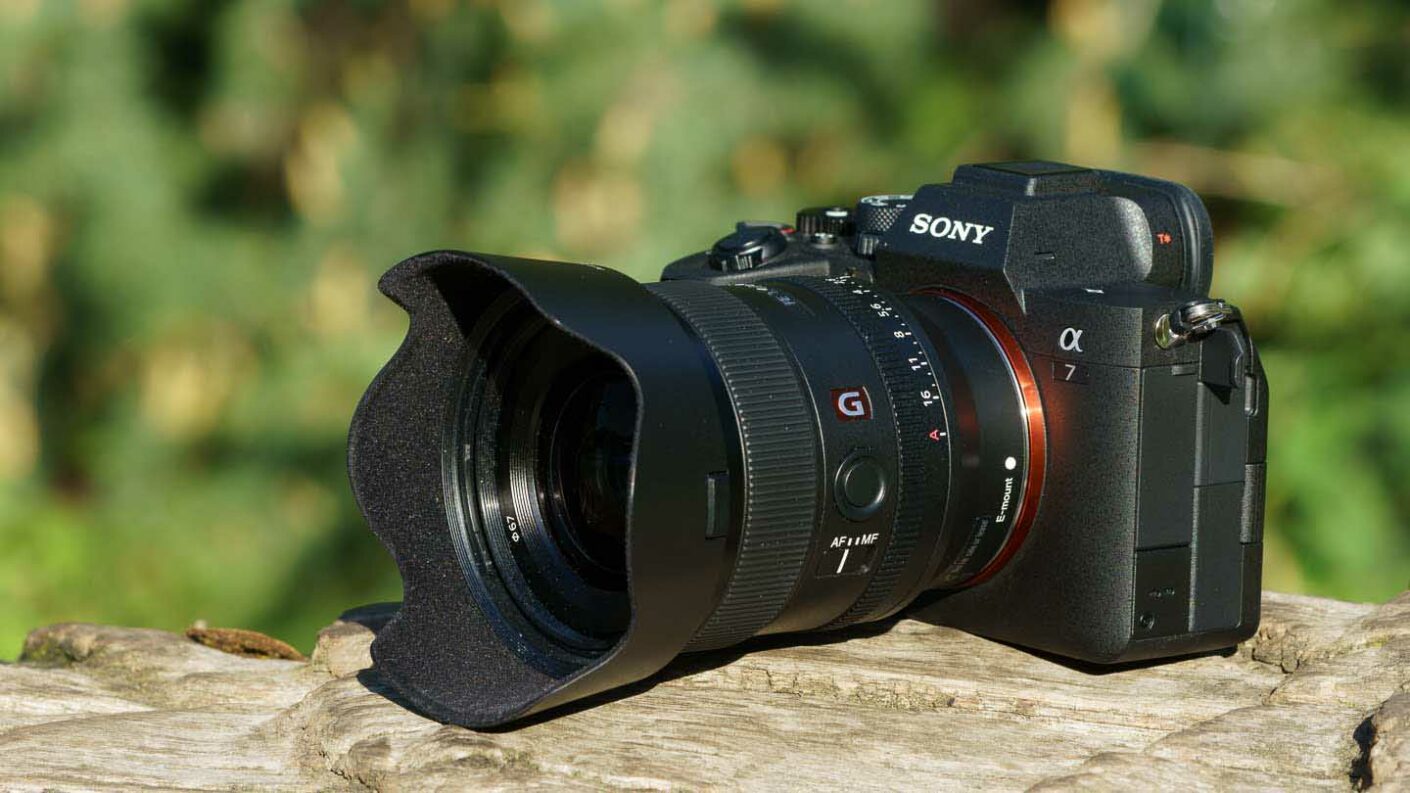
If you want to win photo competitions, you can use some foolproof tips to succeed. These tips will help to find a competition and prepare the winning image. These tips are simple to follow and will help you make your contest entry standout. Below are the details. Below are 9 ways you can win photo contests.
9 ways to win any photo contest
Contests are great ways to showcase your work in photography but can be tough to win. These 9 tips will ensure you get the most out of every contest. You must first read through the rules. Many entries are disqualified when they do not comply with contest rules.

Remember, the judging criteria for a photo contest is not about the technical quality of the photo, but about the quality of the story or presentation of the image. The composition, lighting, leading lines, and overall quality of your photos will be considered by the judges. The competition will be more successful if you can capture great photos with minimal distractions.
Find a competition
A photography competition is a great way to learn, whether you are a professional photographer or a beginner. They can also offer you great feedback and a way to get your work out into the public. You shouldn't give up on entering competitions, though, as not every photo will be selected.
First, it's important to do your research. To see what the judges are looking to see, you may be able to find past winners in photo contests. This will increase chances of you winning.

Submit your winning photo
The Nikon Small World contest photo contest has announced its 45th anniversary winners. These winners include the Edwin Cohn Professor in Pediatrics at Harvard Medical School, Rita Strack, Senior Editor of Nature Methods, Tom Hale (Staff Writer at IFLScience), and Eric Clark, Research Coordinator at National High Magnetic Field Laboratory.
FAQ
What Camera Should I Get?
This all depends on who you want as a photographer. If you're just getting started, a basic point and click camera will suffice.
You'll probably want something more advanced once you've learned the basics. The choice really comes down to personal preference.
These are some important things to think about before you purchase a new camera.
-
Features: Which features are most important? Are you going to use autofocus, manual settings, or both? How many megapixels do you have on your camera? Is there one?
-
Price: How much will you spend? Do you plan to update your camera every other year?
-
Brand: Will you be happy with the brand you select? You shouldn't settle for less.
-
Functionality: Does your camera perform well in low light conditions? Can you take high-resolution photos?
-
Image Quality: How clear, sharp, and crisp are your images.
-
Battery Life: How much time will your camera last without needing to be recharged?
-
Accessories: Are you able to attach additional lenses or flashes? ?
Light Room can be used to enhance your photographs.
You can get great photos if you start early. It is always better to take as many photos as you can and then choose the best.
Lightroom makes this possible by showing you how different settings affect each photograph. These settings can be changed on the fly, without needing to return to Photoshop. This allows you quick experimentation to see what looks best and what doesn’t.
How do I look beautiful in photographs?
The best way to ensure you look good in photos is to take them yourself. Learn how to pose and what angles look best. You will also learn to use lighting and props as a way to enhance your natural beauty.
This course will teach you how to choose clothing that fits well, make-up that looks great, and hairstyles that flatter your face shape.
If you're unhappy with the result, we'll show how to retouch your images in Photoshop and other editing programs.
Do yourself a favor and take some self portraits!
How can I learn photography on my own?
There are many different ways to learn how take great photos. You have the option to buy a book and attend classes, join an on-line community, or watch YouTube tutorials. If you really want to learn how to take pictures, it's best to do it yourself. That way, you have complete control over what goes into each photo. And as long as you keep learning, you'll always improve.
One of the greatest things about digital photography, however, is the fact that you don’t need expensive equipment. All you need is a computer with internet access and a camera. The rest is up to you.
Here are some tips to get your feet wet:
-
Familiarize yourself with the manual settings for your camera.
-
Learn the basics of controlling your computer.
-
Take lots of photos.
-
Modify them.
-
Share them.
-
Keep practicing.
-
Experiment.
-
You can try different perspectives and angles.
-
Use light sources creatively.
-
Practice makes perfect.
-
Be willing to fail.
-
Be patient.
-
Have fun
What is a good camera bag?
Because it protects your equipment while you are traveling, choosing a camera backpack is crucial. These are some important things to keep in mind as you choose a bag.
-
Size: Choose a big bag to hold your camera and accessories comfortably. Do not buy more than you need.
-
Durability: Buy bags made of durable materials like canvas, nylon or leather. Avoid plastic and fabric bags.
-
Protection: Make sure that your bag offers protection against dirt, moisture, and scratches
-
Organization: You can organize your gear by category to make it easier for you to find the right thing. Your lenses, memory cards, and battery charger can be placed in different compartments.
-
Comfort: Use a shoulder strap to carry your camera instead of a bag. Comfortable designs with padded shoulders are also recommended.
-
Price: Check around to find the best prices. Some brands sell their products at discount prices, which can be an added bonus.
-
Warranty: Find out if your company offers a guarantee on its products. This way, if anything happens to your bag, you know who to contact.
Statistics
- There are people out there who will pick at flaws they can only see in 100% crops of your photos. (wikihow.com)
- That's the easiest way to get blurry photos 100% of the time. (photographylife.com)
- The second easiest way to get blurry photos 100% of the time is to use a cheap filter on the front of your lens. (photographylife.com)
- Get 40% off Adobe Creative Cloud(opens in new tab) (creativebloq.com)
External Links
How To
What are the necessary skills to become a photographer
The basic skills required for any photography job include technical knowledge, artistic ability, and business acumen.
Technical knowledge includes understanding exposure settings and camera functions, lens types, film speeds, developing techniques, and lens types.
An artist's ability is to understand composition, lighting, and pose.
Business acumen includes budgeting, scheduling and time management. It also involves dealing with clients.
You should be interested in photography as a hobby from an early age if you wish to be a professional photographer.
Online courses or classes in school can help you learn about photography.
You can also find many books that will teach you everything about photography.
Not only is it important to study photography, but it is also important to develop your style.
This will allow you to stand out from other professionals in your field.
Photography has changed throughout the years. In the past people used cameras like the Kodak Instamatic or Polaroid instant camera.
Digital cameras have become more popular today than ever. Today, the majority of photographers use their smartphones to shoot photos.
It is possible to buy a smartphone that takes high-quality images, but if you really want to get into photography, you need to invest in a DSLR (Digital Single Lens Reflex) camera.
The DSLR lets you control every aspect your photo including shutter speed and aperture, ISO sensitivity, white-balance, focus, and white balance.
These features make it possible to create beautiful photographs with a variety of effects.
These controls can also alter the mood of your image.
By using a fast shutter speed, for example you can blur the subject.
You can make them appear like they're moving by increasing light into the camera.
Another way to change the mood of your image is to adjust the color temperature of the scene.
You can, for example, increase the red in the picture if you see a lot of blue light. This will give it a warmer look.
It might be hard to decide which direction to point your lens.
Once you get the basics down, it will be easy to see that it's not difficult at all.
It is actually much simpler than you might think.
At first, you might only take landscape shots or close-up photos of objects.
Don't worry, as you get more experience, you'll be able capture everything from abstracts to portraits.
Once you've mastered the basics you can move on and learn more advanced subjects.
These tips will help you get started.
-
Select a location that is convenient. Choose somewhere where you can relax and enjoy yourself.Avoid places that are too busy because you won't be able to concentrate properly.
-
Find something to photograph. Try to find unusual or unique objects.
-
Make sure to take lots of practice photos. Practice makes perfect!
-
Experiment with different angles. You can hold your camera at different angles depending on what you want to accomplish.
-
Use different lenses. Different lenses can offer you different perspectives.
-
You can also shoot in low-light conditions. Photographing in bright sunlight can prove difficult.
-
Practice framing the shot. When capturing images, framing is a crucial skill.
-
Learn how to use your camera settings. The best way to improve your photography is to spend time experimenting with your camera settings.
-
Continue learning new techniques. There are many ways to learn about photography.Visit local exhibitions, galleries, museums, and libraries.
-
Read magazines, books, and other publications. Everything you need to know about photography can be found in books and magazines.
-
Join a club. Photograph clubs often host events that encourage members sharing their work.